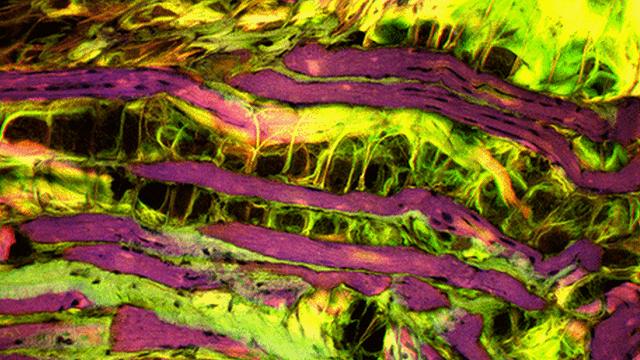Uncertain future for Duchenne muscular dystrophy boy
- Published
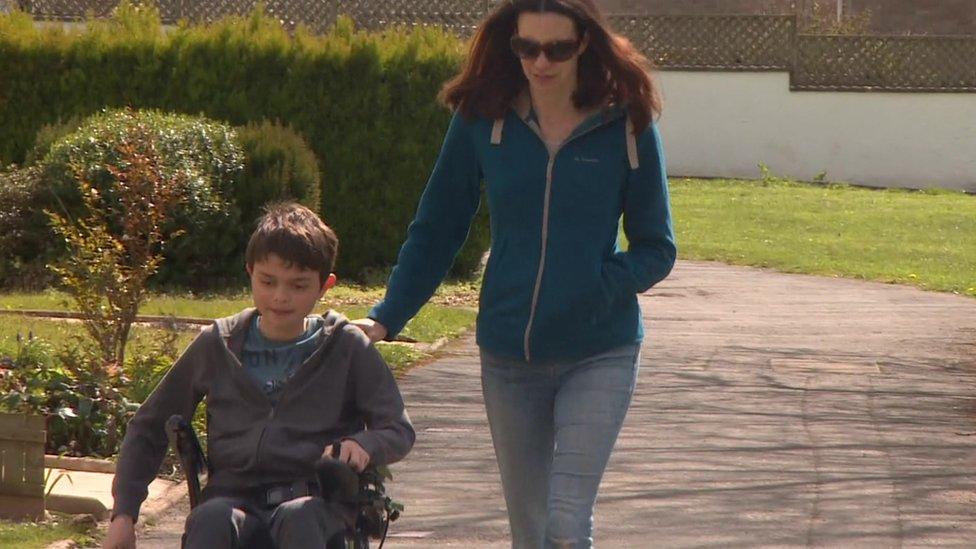
At the start of Leo's international clinical trial he was given a placebo and only later - after he lost the use of his legs - did he receive Translarna
A 10-year-old boy with a rare muscle wasting disease may not get a new drug he has been trialling, even though its use has been approved.
Medicines regulator NICE has recommended that Translarna can be used for some children with Duchenne muscular dystrophy (DMD).
However, it will only be given to those who can still walk.
Leo Le Gal, from Ivybridge, lost the use of his legs two years ago - shortly before he began testing the drug.
The uncertainty over his future follows an announcement by the National Institute for Health and Care Excellence that Translarna - also known as ataluren - will only be made available to about 50 children in the UK under a "managed access agreement" between the manufacturer, PTC Therapeutics and NHS England.
Stabilised condition
Those aged five years and over and who can still walk will be given the drug for five years while further data is collected on its efficiency.
Leo, who was diagnosed with DMD five years ago, has been taking part in a three-year international clinical trial at Great Ormond Street Children's Hospital.
For the first year of the trial - when he could still walk - Leo was taking a placebo and was only transferred to Translarna after he lost the use of his legs.
A placebo is an inactive substance with no medicinal benefits used in trials to determine the effectiveness of a medicinal drug.
Leo's mother, Ruth Le Gal, said while it was "fantastic news" that a drug which could help DMD children would be funded by the NHS, her son's future was uncertain.
"It's great for all those children that will be eligible but sadly Leo won't because, unfortunately he lost the ability to walk before he was able to start taking the medicine," she told BBC News.
Despite not been able to help Leo's legs, his mother said Translarna has stabilised his condition and has been very beneficial.
"He's done really, really well and the medication has maintained his core strength, so he's still got good use of his arms" she said.
Leo's clinical trial is due to finish in six weeks.
"We have no idea what will happen after that," she said, adding that her hope is the trial will be extended.
- Published15 April 2016
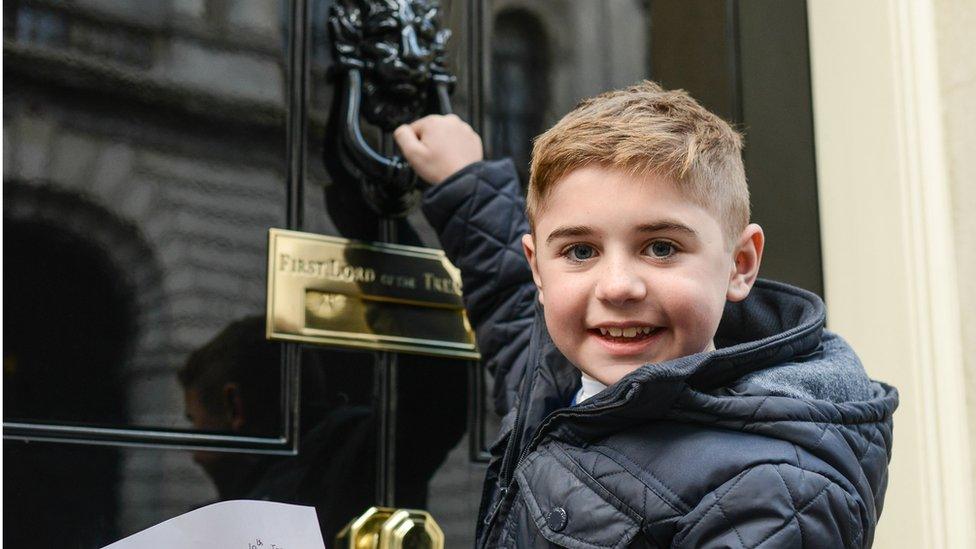
- Published28 January 2016
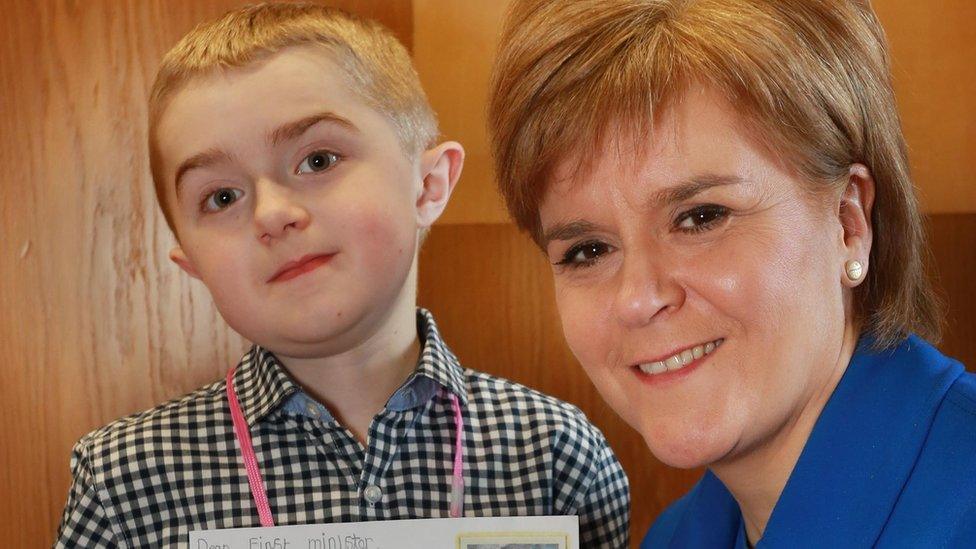
- Published24 May 2014
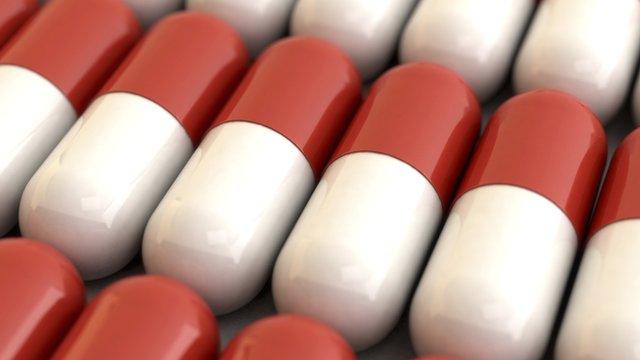
- Published3 September 2013
